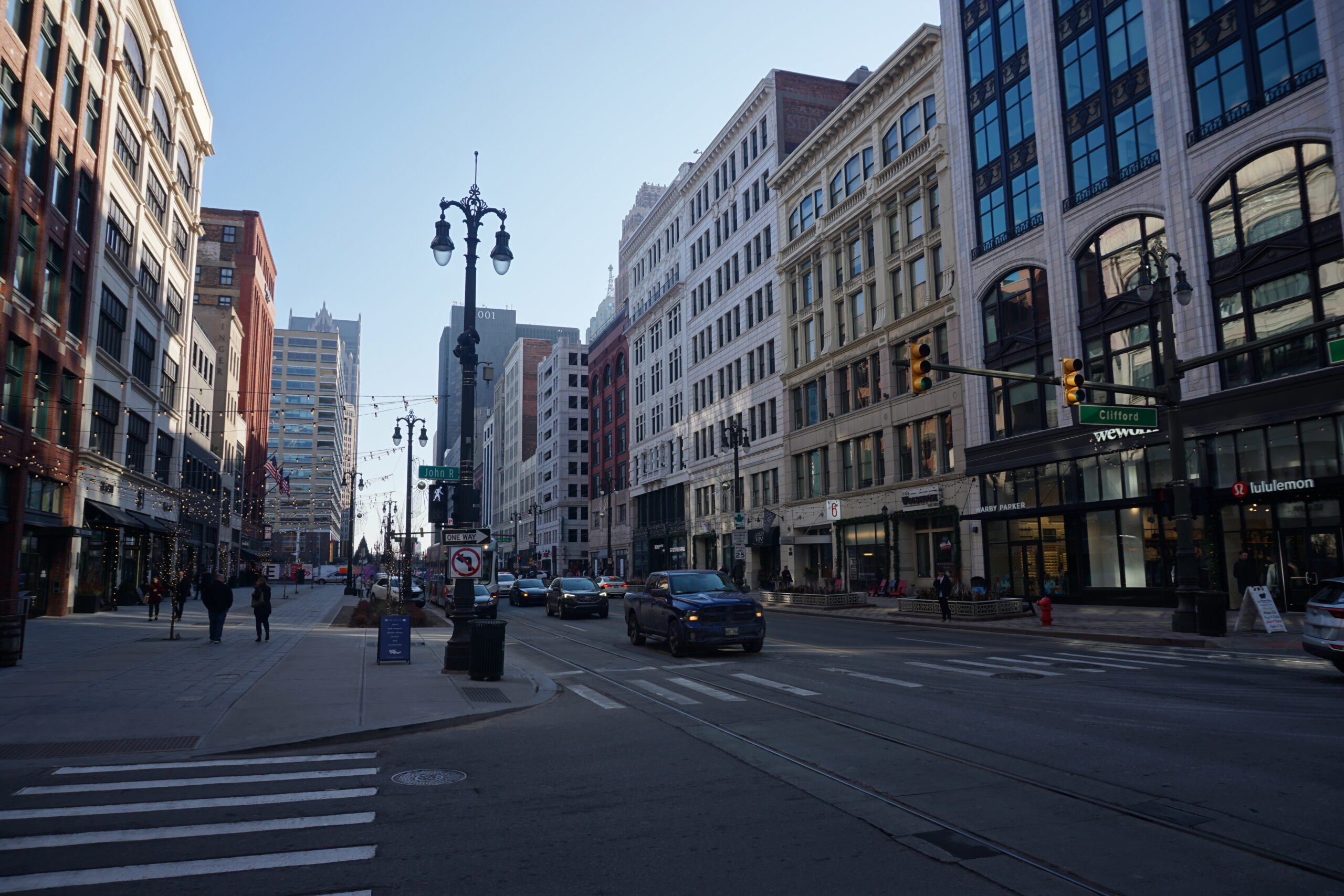TL;DR:
- Bosch and transportation agencies join forces for an $11.5 million project to transform Woodward Avenue.
- The M-1 Intelligent Corridor will incorporate artificial intelligence (AI) and cutting-edge technology.
- Advanced video cameras with AI algorithms enable real-time monitoring and data collection.
- Signal timing adjustments will accommodate large commercial vehicles and emergency first responders.
- The project spans Wayne and Oakland counties, encompassing 44 intersections.
Main AI News:
Woodward Avenue, a bustling transportation artery in and around Detroit, is set to undergo a remarkable transformation in the near future. With an aim to enhance traffic management and ensure pedestrian safety, a groundbreaking $11.5 million collaboration between Bosch, state and federal transportation agencies, is bringing cutting-edge technology to the iconic roadway.
Bosch, a leading Germany-based technology company with its North American operations based in Farmington Hills, has embarked on an ambitious project to convert Woodward Avenue into a smart roadway, aptly named the M-1 Intelligent Corridor. This visionary initiative will integrate artificial intelligence (AI) into the infrastructure, revolutionizing the way transportation systems function.
One of the key elements of this pilot project is the deployment of state-of-the-art video cameras empowered by computer learning capabilities. These advanced cameras will enable real-time monitoring and data collection, making use of AI algorithms. The partnership for this groundbreaking endeavor includes Bosch, the Michigan Department of Transportation, the Federal Highway Administration, the city of Detroit, and Wayne State University. Notably, the project received a significant boost with $5 million in federal funding, underscoring the recognition of its potential impact.
During Bosch’s recent Software Day, Mike Mansuetti, President of Bosch North America, emphasized the pivotal role their hardware and software solutions play in tackling the challenges posed by inefficient road traffic. He expressed, “Our intelligent cameras with on-board AI and edge computing enable real-time alerts and data to help improve safety and efficiency.” This testament underscores the transformative power of AI and its capacity to revolutionize transportation systems.
The M-1 Intelligent Corridor project encompasses a range of enhancements that will reshape the road’s functionality. Notably, signal timing adjustments will be implemented to cater specifically to the needs of large commercial vehicles and emergency first responders, mitigating the risk of traffic blockages. This ambitious initiative will span Wayne and Oakland counties, encompassing a network of 44 intersections, thereby maximizing its impact.
Conclusion:
The integration of AI and advanced technology into Woodward Avenue through the M-1 Intelligent Corridor project signifies a significant step forward in transportation infrastructure. This partnership between Bosch, government agencies, and academic institutions not only improves traffic efficiency and safety but also sets a precedent for the future of intelligent roadways. The market can expect an increased focus on leveraging AI and innovative solutions to optimize transportation systems and enhance overall connectivity. This collaboration serves as a testament to the potential of strategic partnerships and innovation in shaping the market landscape.

